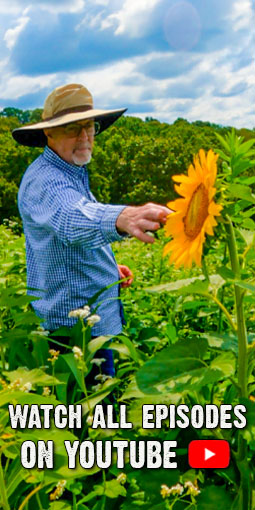Is Feeding Corn Harmful to Deer in Winter?
Filed under: Ask Grant, Deer Biology, Habitat Management
Grant, I have recently read an article about how feeding deer corn in these late winter months is harmful to the deer. I’m guilty of feeding them behind my house here in the city. But with 20 inches of snow that has been on the ground going on three weeks, I didn’t think it would be too harmful to them. Why is feeding them corn so harmful? If there is an alternative feed what would it be? Thanks, Michael
Michael,
This has been an ongoing debate for years. I think this debate, like most debates, is due to a lack of information. Deer eat literally millions of pounds of corn annually!! Deer in the corn belt eat corn before it is harvested and search the harvested fields day after day for spilled grain until it’s plowed under or spring green up occurs and alternate food sources become available. In some states where feeding/baiting is legal, deer consume tons and tons of corn and have for decades. Corn is a fine source of carbohydrates for deer (any many other critters)!
With that said, I think it’s best to explain why some folks rightfully say it might be harmful to feed deer corn in some circumstances. Deer ingest food items, but microorganisms in their gut actually breakdown the food items and/or convert it into forms that can be absorbed from the digestive tract into the body. There are many different species of these microorganisms in a deer’s gut. Some breakdown certain types of nutrients better than others. The microorganisms get their food from the ingested items they help deer process. So, if deer haven’t had much to eat (like can occur during late winter) the microorganisms haven’t had much to eat either. In fact, many of the microorganism populations can decrease significantly.
This is the source of the potential problem, adding corn or any type of food deer haven’t been consuming. The populations of microorganisms in the deer’s gut necessary for digesting any food item can be too low. So low that the ingested food can’t be digested and absorbed by the deer. When this occurs, the deer can die from starvation with a full stomach.
So, if you started with small amounts of corn and worked up, there would most likely be no problem. However, problems or death do occur when deer ingest a lot of a food item that they haven’t been consuming. The problems are usually magnified if the deer is under additional stress such as being malnourished, etc. Feeding programs can do more damage than good if sudden large changes are made to a deer’s diet.
Growing Deer together,
Grant



